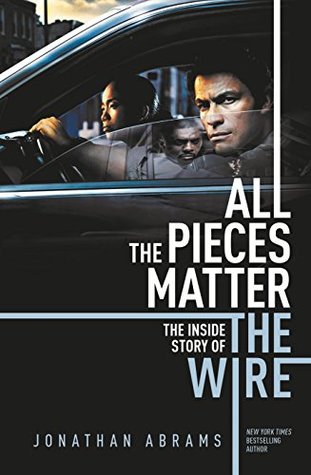More on this book
Community
Kindle Notes & Highlights
Read between
April 8 - April 27, 2018
I had told him it was much harder to reform a system. The things that reform systems are trauma. Great trauma. Nobody gives up status quo without being pushed to the wall. I believe that politically. The great reformations of society are the result of undue excess and undue cruelty.
When Seth got drinking, he loved you so much he’ll punch you in the face.
In order to make a story matter, you can’t just kill the people, you can’t disappear the people, the characters that people want to disappear. The audience is a child. If you ask the audience what they want, they’ll want dessert. They’ll say they want ice cream.
Here’s the secret to teaching, [as] with anything else: If you blame yourself for the mistakes, you can only get better. If you blame the outside world, the kid, the person you’re working with, if you blame them, you’ll never get better. So, you’re, Why did I fuck that up? What can I do better? If that’s the driving energy, you come to the next day revved up and ready to go, Let’s see if this works.
We arranged that he was the keeper of the chess metaphor all the way through. He speaks about the pawns and everything, and then, on the corner, we killed him with a chess move, the knight coming up from behind.
The Wire really lived in Baltimore. It knew the alleys and cellars. It knew the lingo and the night shifts. It knew the children. It remembered the dead. It was like [Joseph] Conrad’s Heart of Darkness, like [Charles] Dickens writing about London, or [Herman] Melville about whales. Ed Burns and David Simon were not cosmetic surgeons. They studied terminal illness. They gave cancer a narrative for the first time. They kind of made it a character with sensibilities of its own, and I thought that was remarkable.
Life is funny. If I thought about that, I would lose my fucking mind. I would be in a home for the bewildered.


